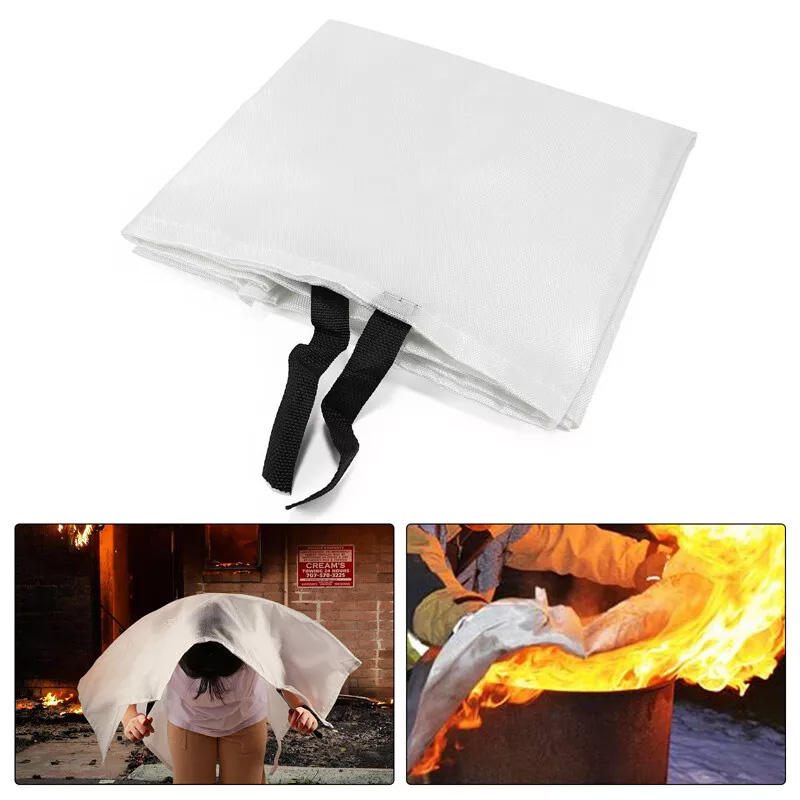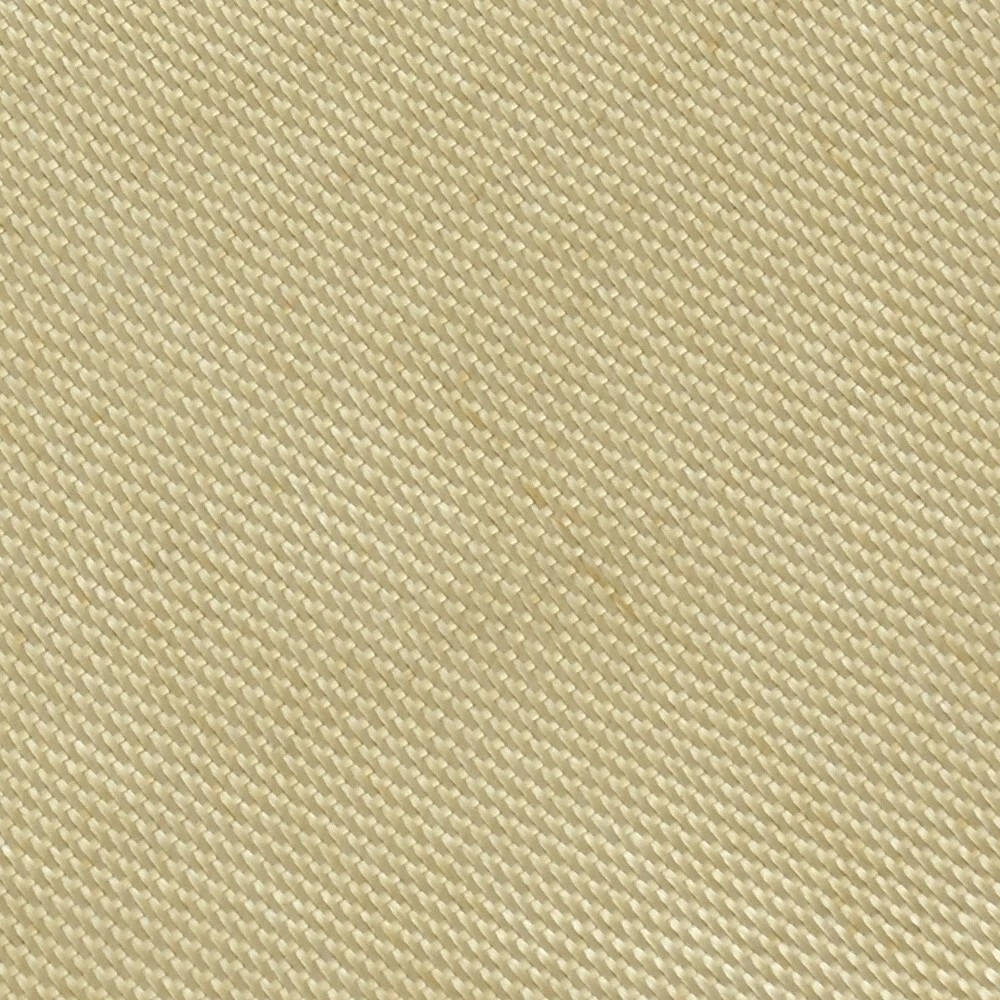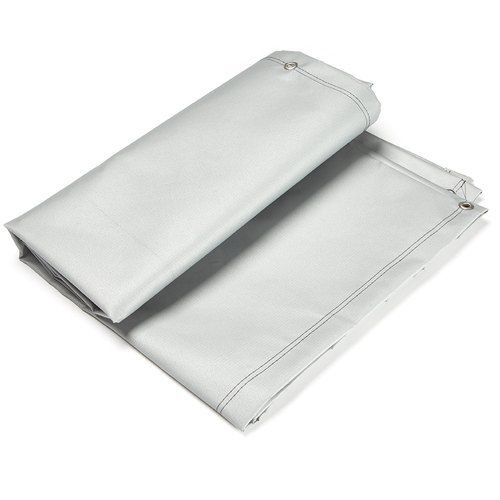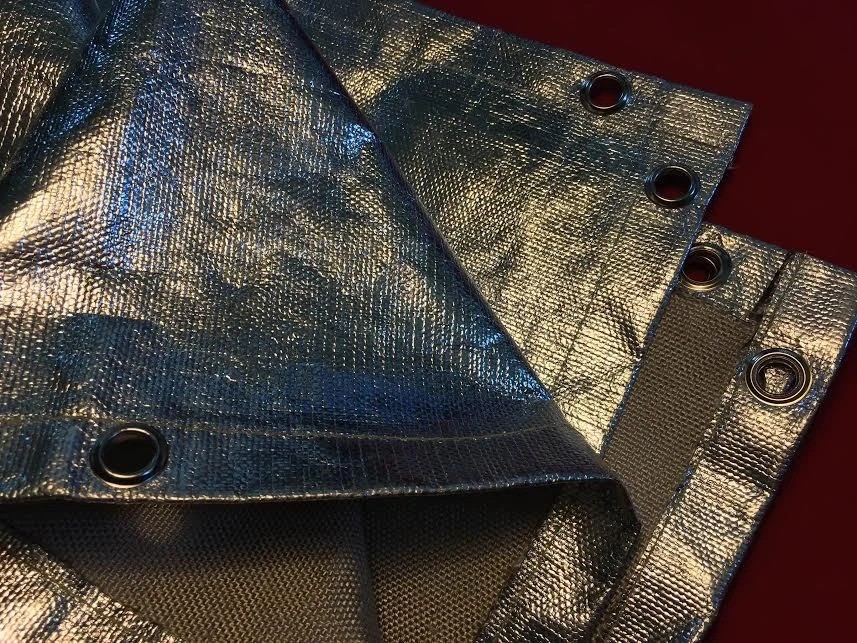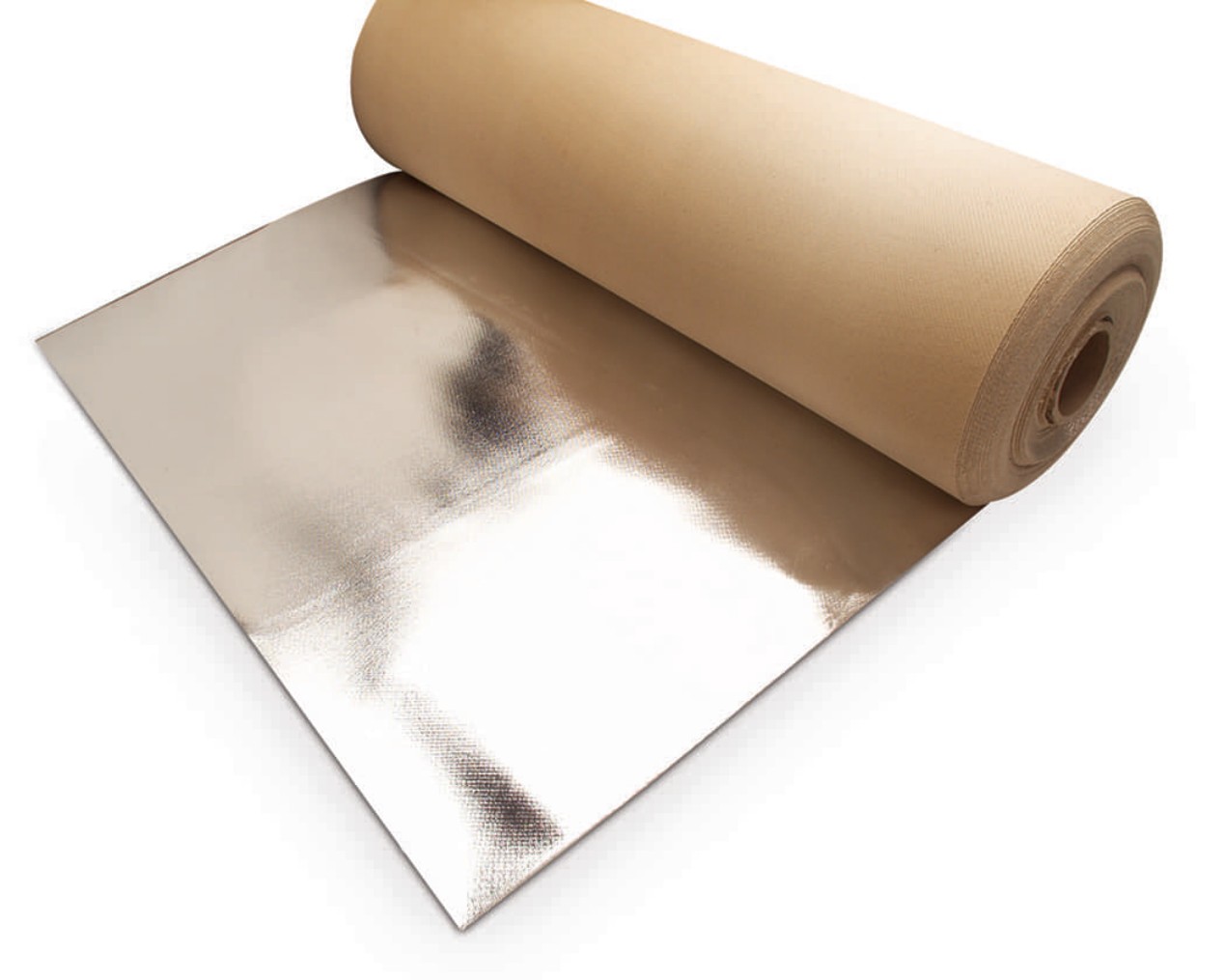Welder's Blanket Guide: Safety Tips & Best Uses for Fire Protection
Summary:A welder's blanket protects against sparks and heat during welding. This guide explains its materials, proper use cases, safety benefits, and how to choose the right one for your projects.
What Is a Welder's Blanket?
When you're welding, sparks and molten metal can fly up to 35 feet. A welder's blanket is your first line of defense against fires. These specialized covers are made from flame-resistant materials like fiberglass or silica fabric that can withstand temperatures up to 2000°F (1093°C).
Key Benefits You Should Know
Unlike regular tarps, welder's blankets won't melt or catch fire. You can use them to:
- Protect floors and work surfaces from sparks
- Cover nearby flammable materials
- Create temporary welding curtains
- Shield vehicles during auto body work
Choosing the Right Welder's Blanket
Not all welding blankets are equal. Consider these factors:
Material:Fiberglass is most common, but silica offers higher heat resistance. Some models have reinforced edges for durability.
Thickness:Standard blankets are 1/16" thick - adequate for most jobs. For heavy-duty use, choose 1/8" thickness.
Size:Typical sizes range from 4'x6' to 12'x12'. Measure your work area and add 2-3 feet of coverage on all sides.
Proper Usage Tips
To get maximum protection from your welder's blanket:
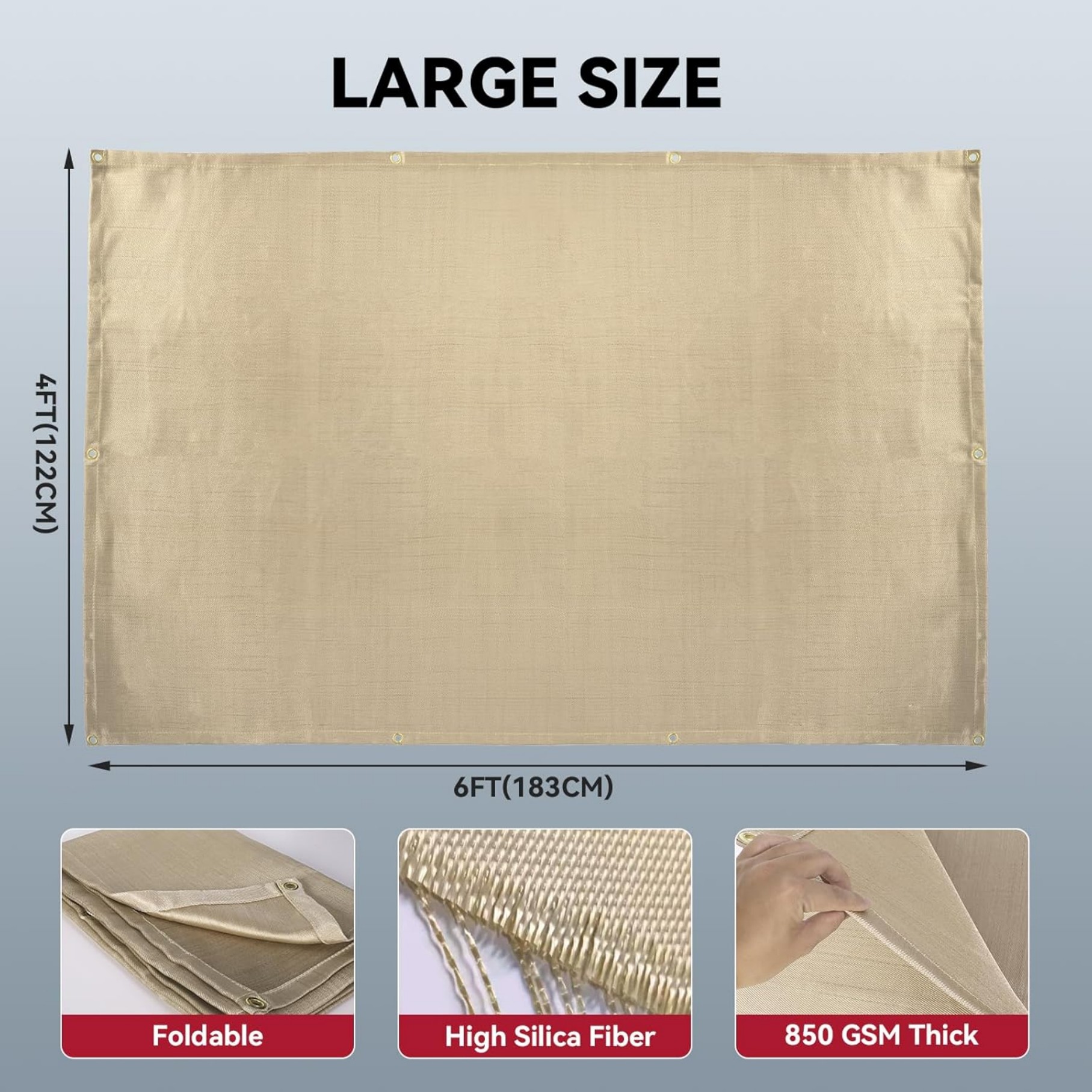
- Inspect for damage before each use - replace if you see holes or frayed edges
- Secure all edges with weights or clamps (never use flammable tape)
- Overlap multiple blankets by at least 6 inches when covering large areas
- Keep at least 18 inches away from the actual welding arc
Maintenance and Care
A well-maintained welder's blanket lasts years. After use:
- Shake off debris - never wash with water (can damage fireproof coatings)
- Store flat or rolled - avoid sharp folds that create weak spots
- Check for embedded metal particles that could conduct electricity
Beyond Welding: Other Practical Uses
Your welder's blanket has multiple applications:
Grinding work:Catch sparks from angle grinders
Fire pits:Line the ground under portable fire pits
Emergency:Can serve as temporary fire shelter in wildfires
Safety First: Common Mistakes
Avoid these errors with welder's blankets:
- Using damaged blankets (even small holes compromise protection)
- Placing directly on freshly welded metal (let it cool first)
- Assuming it makes other PPE unnecessary (still wear gloves/helmet)
Investing in a quality welder's blanket prevents costly fires and injuries. Choose the right specifications for your projects, use it properly, and maintain it well. This simple tool could save your workshop from disaster while making your welding jobs safer and cleaner.


